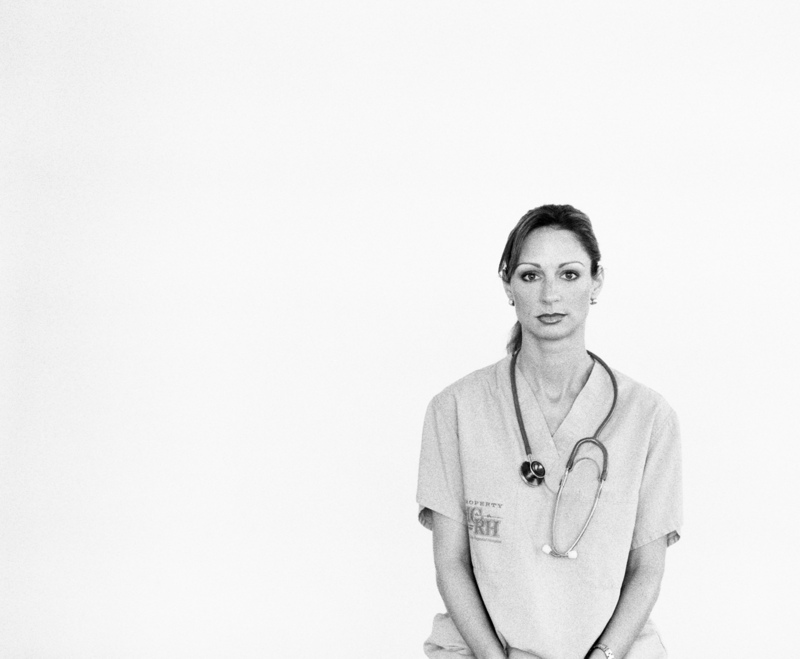
Here are some of the latest health and medical news developments, compiled by the editors of HealthDay:
Supreme Court Refuses Groups’ Request to Block Health Care Law
A request by two groups to block implementation of the new health care law has been denied by the U.S. Supreme Court.
On Monday, Chief Justice John Roberts refused an emergency stay request from the Association of American Physicians & Surgeons, Inc. and the Alliance for Natural Health USA, the Associated Press reported.
The groups asked the chief justice Friday to temporarily block the law. They said Congress had passed the law incorrectly by starting it in the Senate instead of the House. Revenue raising bills are supposed to originate in the House.
The two organizations also wanted the chief justice to block doctor registration rules they say will make it more difficult for independent non-Medicare doctors to treat Medicare-eligible patients, the AP reported.
A decision is still pending on a request by a group of nuns for a temporary block on the health care law’s birth control coverage requirements.
—–
Poorer Americans More Likely to Have Dangerously Low Blood Sugar at End of Month: Study
A new study finds that low-income Americans with diabetes are much more likely to be hospitalized for dangerously low blood sugar levels (hypoglycemia) at the end of the month when their food budgets are depleted, compared with the start of the month.
There was no such end-of-the-month increase in hospitalizations for hypoglycemia among higher-income people with diabetes, according to the University of California, San Francisco study, The New York Times reported.
The analysis of data from more than two million people in California revealed that hospital admissions for hypoglycemia among low-income people with diabetes were 27 percent higher at the end of the month than at the beginning, according to the study published online Monday in the journal Health Affairs.
Hypoglycemia occurs when diabetes patients do have not have enough to eat, but continue taking their diabetes medications, The Times reported.
Congress is currently debating proposed legislation that includes the food stamp program for poor people. House Republicans want to cut spending on the program by $40 million, but Democrats oppose such a move.
—–
Paralyzed Teen in Robotic Body Suit to Kick Ceremonial Ball at World Cup
The first ceremonial ball at this year’s World cup in Brazil may be kicked by a paralyzed teenager wearing a brain-controlled robotic body suit.
The suit will help the teen to stand up from a wheelchair, walk to a soccer ball and kick it toward the goal. The kicker will be chosen from a group of 10 paraplegic male and female teens who are currently training for the event, ABC News reported.
The exoskeleton suit was created through an international nonprofit collaboration called The Walk Again Project, which was led by the Duke University Center for Neuroengineering. Electrodes in a helmet translate the wearer’s thoughts into action.
Over the next few months, one teen and an alternate will be chosen for the World Cup ceremonial kick and begin their final training, suit lead designer Dr. Miguel Nicolelis told ABC News.
He noted that the ultimate goal of The Walk Again Project is to make wheelchairs obsolete.
“The World Cup kick will show the world we are getting very close to this kind of milestone,” Nicolelis told ABC News. “Most people don’t believe it is possible, but if all goes well, this will prove to them that we are closer than they realized.”
—–
Paleo Diet is Worst, DASH Diet is Best: Experts
The controversial Paleo Diet was last on the 2014 “Best Diets List” from U.S. News & World Report, while the DASH plan was named the best overall diet.
The Paleo Diet emphasizes consumption of lots of produce and animal protein, while avoiding sugar, grains, legumes and diary altogether. Another high-protein, low-carbohydrate approach called the Dukan diet tied the Paleo Diet in last place, CNN reported.
The DASH (Dietary Approaches to Stop Hypertension) diet was developed by the U.S. National Institute of Health for people with high blood pressure, but is also effective in reducing cholesterol and lowering the risk of heart disease, stroke, kidney stones and diabetes, according to the NIH.
Each year, U.S. News & World Report’s asks experts to evaluate different diet plans and this year they rated 32 of the most popular ones. A top-ranked diet has to be fairly easy to follow, safe, nutritious, effective for weight loss and protective against heart disease and diabetes, CNN reported.
Just behind the DASH diet was the Therapeutic Lifestyle Changes Diet, also created by the NIH. Tied for third place were the Mayo Clinic Diet, the Mediterranean Diet and Weight Watchers.
Copyright © 2026 HealthDay. All rights reserved.

